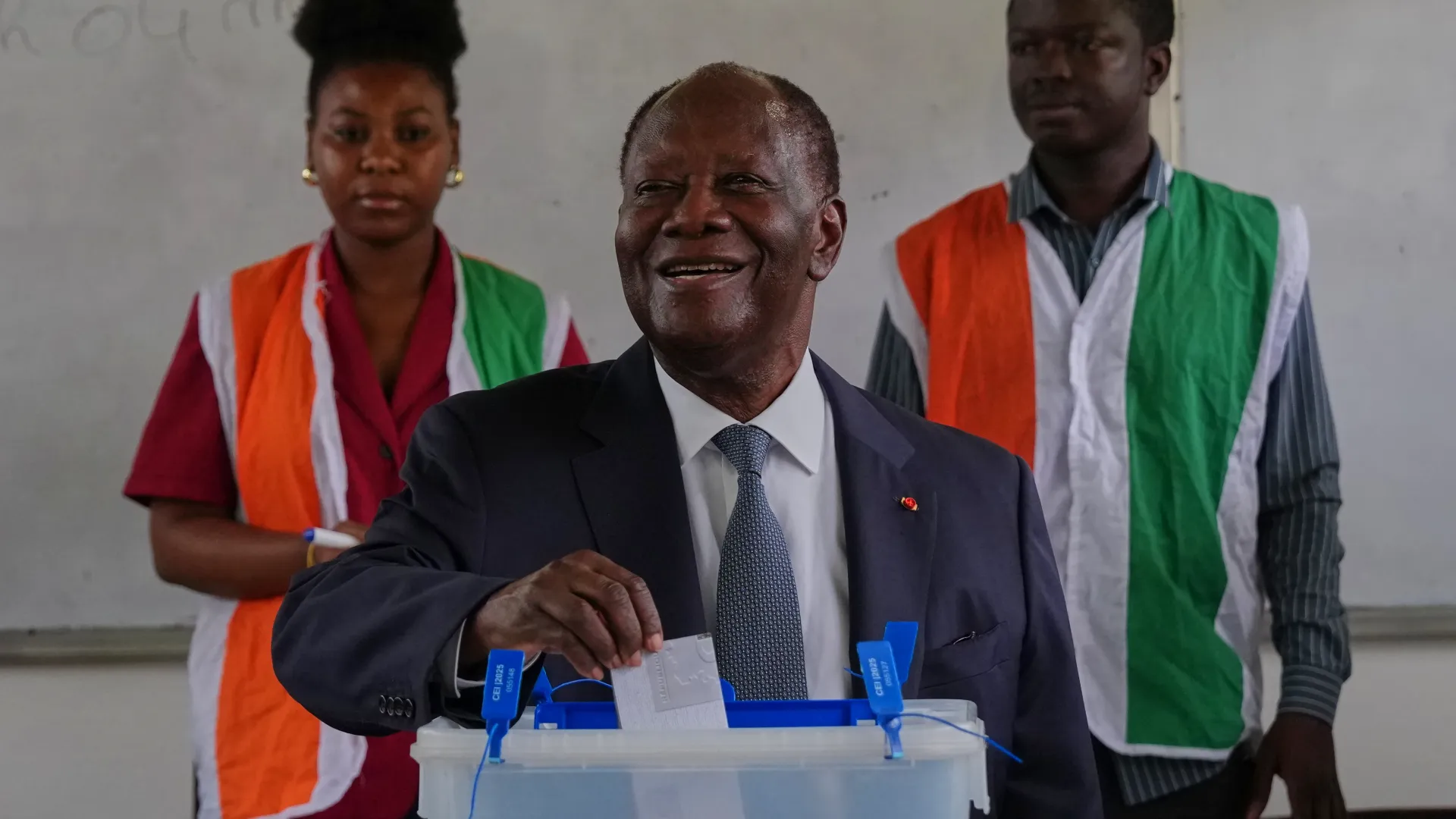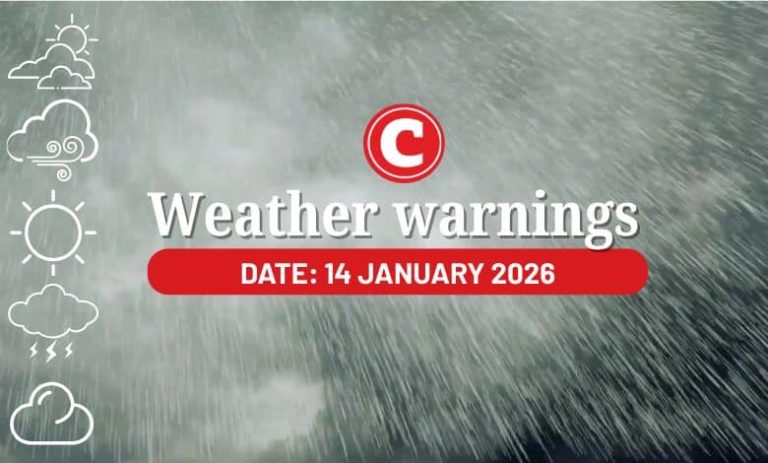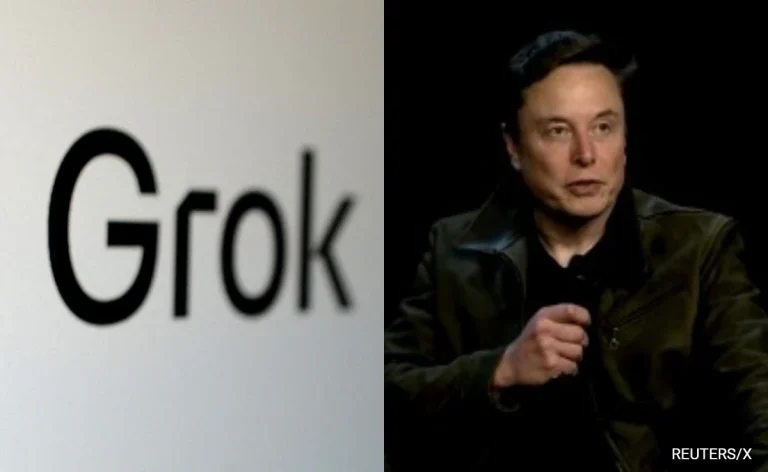
Ivory Coast’s President Alassane Ouattara has clinched a fourth term in office, winning a resounding 89.77% of the vote in a contentious election from which his two main rivals were barred, the country’s electoral commission announced on Monday.
Nearly nine million Ivorians were eligible to vote in Saturday’s election in the world’s leading cocoa producer — a nation that has largely avoided the coups and jihadist violence destabilizing much of West Africa, yet has seen rising political tensions and sporadic unrest in recent weeks.
Even before the official results, Ouattara’s victory had been widely expected, with early counts on Sunday already showing him above 90 percent. Turnout was reported at nearly 100 percent across his strongholds in the north.
The 82-year-old incumbent also made gains in opposition-dominated areas in the south and in parts of Abidjan, the country’s economic capital, where many polling stations remained largely empty on election day.
His closest challenger, entrepreneur Jean-Louis Billon, secured just 3.09 percent of the vote, according to commission president Ibrahime Kuibiert Coulibaly, who announced an overall 50.1 percent turnout — roughly matching the participation rate in the 2020 election, when Ouattara won 94 percent amid a widespread opposition boycott.
Barred Rivals and a Fractured Political Landscape
This year’s contest was marked by controversy after Ouattara’s chief rivals — former president Laurent Gbagbo and former Credit Suisse CEO Tidjane Thiam — were disqualified from running. Gbagbo was ruled ineligible due to a prior criminal conviction, while Thiam was barred after acquiring French citizenship.
“Their exclusion, coupled with calls for a boycott and rising political tension, clearly dampened voter enthusiasm,” said William Assanvo, a senior researcher at the Institute for Security Studies (ISS).
In Gagnoa, Gbagbo’s traditional bastion in the south, Ouattara claimed 92 percent of the vote — but with a turnout of only 20 percent.
Opposition leaders swiftly rejected the results, declaring that the election “lacked legitimacy” and demanding that fresh polls be held.
A Nation Still Haunted by Past Divisions
Ivory Coast’s presidential elections have long been flashpoints for political violence. Ouattara first rose to power following the 2010–2011 post-election crisis, when his standoff with Gbagbo left more than 3,000 people dead and deepened ethnic and regional divisions that persist today.
By Monday, life in Abidjan had largely returned to normal, with traffic and commerce resuming after an unusually quiet weekend during the vote.
“The Ivorians said NO to prophets of doom,” declared Patriote, a pro-Ouattara newspaper, hailing what it described as a “peaceful and successful election.”
But the opposition daily Notre Voie struck a starkly different tone, warning that the poll once again revealed “a nation divided against itself.”



